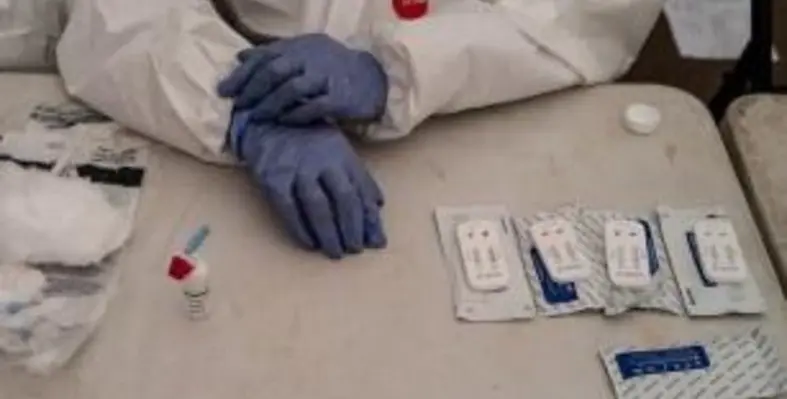The African Development Bank (AfDB) has approved a US$4.16mn grant to South Sudan to support the emergency response to COVID-19 and strengthen the country’s fragile health system
The grant, from the Transitional Support Facility of the Bank Group’s African Development Fund, will provide funding for the project to enhance the capacity of South Sudan’s health facilities and to bolster the country’s capacity to detect cases and curb the spread of the virus.
South Sudan reported its first case of COVID-19 on 5 April 2020, followed by increasing numbers of cases daily. As of 15 June 2020, the country had reported 1,693 cases, 27 deaths and 49 recoveries. The country remains at high risk. With limited hospital bed capacity, gaps in health workers’ skills and competencies and a lack of functioning medical equipment, South Sudan is ill-prepared to respond to the pandemic.
The confirmed cases are being managed at the country’s sole infectious disease facility, the Dr John Garang Infectious Diseases Unit. However, the current capacity of the facility is only 24 beds. There are limited facilities and capacities for isolation and management of COVID-19 cases at the state level as all samples from suspected COVID-19 cases have to be brought to Juba by air for testing. There are a limited number of isolation facilities outside the capital and no intensive care unit (ICU) facility.
The bulk of activities under the Bank-funded project will focus on improving facilities for the management of COVID-19 cases, including the procurement of oxygen cylinders and vital signs equipment and the recruitment and training of health workers. It will improve capacity for the detection of cases and the tracing of contacts.
AfDB country manager for South Sudan Benedict Kanu noted that while too early to estimate the full economic impact of the coronavirus pandemic on South Sudan’s growth performance, given the disruptions to businesses in South Sudan’s key trading partners including China, Uganda, Kenya, and Italy, a notable economic impact of COVID19 is likely to be felt in the medium to long term.













